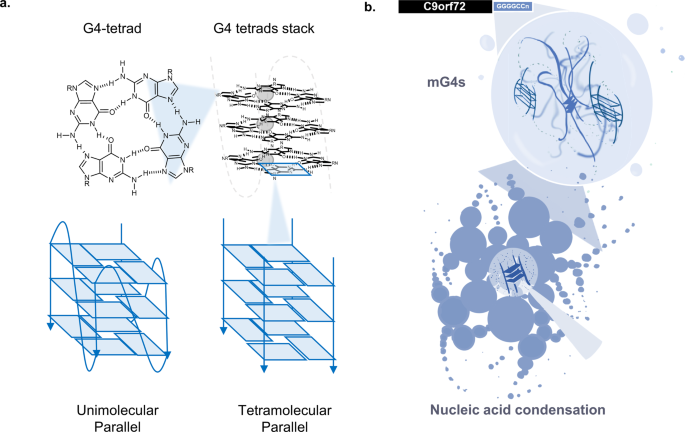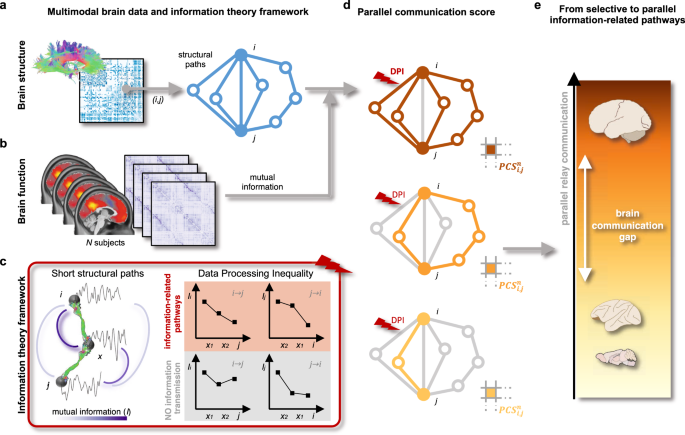2023-12-19 アイルランド・リムリック大学(UL)
◆研究者は、これらの経験が自己受容と人生の目的感の低下につながり、将来の死亡リスクとの関連性があると仮説を立てました。研究はアメリカで24年にわたり6,128人を対象に行われ、自己受容と人生の目的感が逆境と将来の寿命の関連性の一部を説明していることを示しました。
<関連情報>
- https://www.ul.ie/research/news/ul-research-examines-link-between-adverse-childhood-experiences-and-future-risk-of
- https://journals.lww.com/psychosomaticmedicine/abstract/9900/self_acceptance_and_purpose_in_life_are_mechanisms.172.aspx
自己受容と人生の目的は、小児期の有害体験と死亡リスクを結びつけるメカニズムである Self-acceptance and Purpose in life are Mechanisms Linking Adverse Childhood Experiences to Mortality Risk
O’Súilleabháin, Páraic S. ; D’Arcy-Bewick, Sinéad ; Fredrix, Milou ; McGeehan, Máire ; Kirwan, Emma ; Willard, Meredith ; Sesker, Amanda A. ; Sutin, Angelina R. ; Turiano, Nicholas A.
Psychosomatic Medicine: Journal of Biobehavioral Medicine Published:November 16, 2023
DOI: 10.1097/PSY.0000000000001266
Abstract
Objective
Adverse childhood experiences (ACEs) are associated with increased risk of premature mortality, but it is not clear why. Individuals with ACEs tend to have lower self-acceptance and purpose in life, which may be pathways between ACEs and risk of premature mortality. As such, we tested whether purpose and self-acceptance are mechanisms that link ACEs to mortality risk.
Methods
We used the Midlife in the United States Survey (N = 6218; M ± SD = 46.89 ± 12.94 years) to test whether these factors were indirect pathways (mediated) the association between ACEs and mortality hazards over 24 years of follow-up. We employed a comprehensive ACEs measure that included 20 possible childhood adversities including emotional and physical abuse, household instability, socioeconomic climate, and ill health.
Results
ACEs significantly increased mortality risk, HR = 1.028, 95% CI (1.008, 1.047), p = 0.006. Self-acceptance and purpose accounted for an estimated 15% and 4% of the ACEs-mortality relation respectively. These effects withstood a range of adjustments and sensitivity analyses.
Conclusions
ACEs may impact mortality risk partially through lower self-acceptance and purpose during adulthood. Given that self-acceptance and purpose may change through intervention, these factors may be useful targets for individuals with ACEs that could lead to a longer life.



